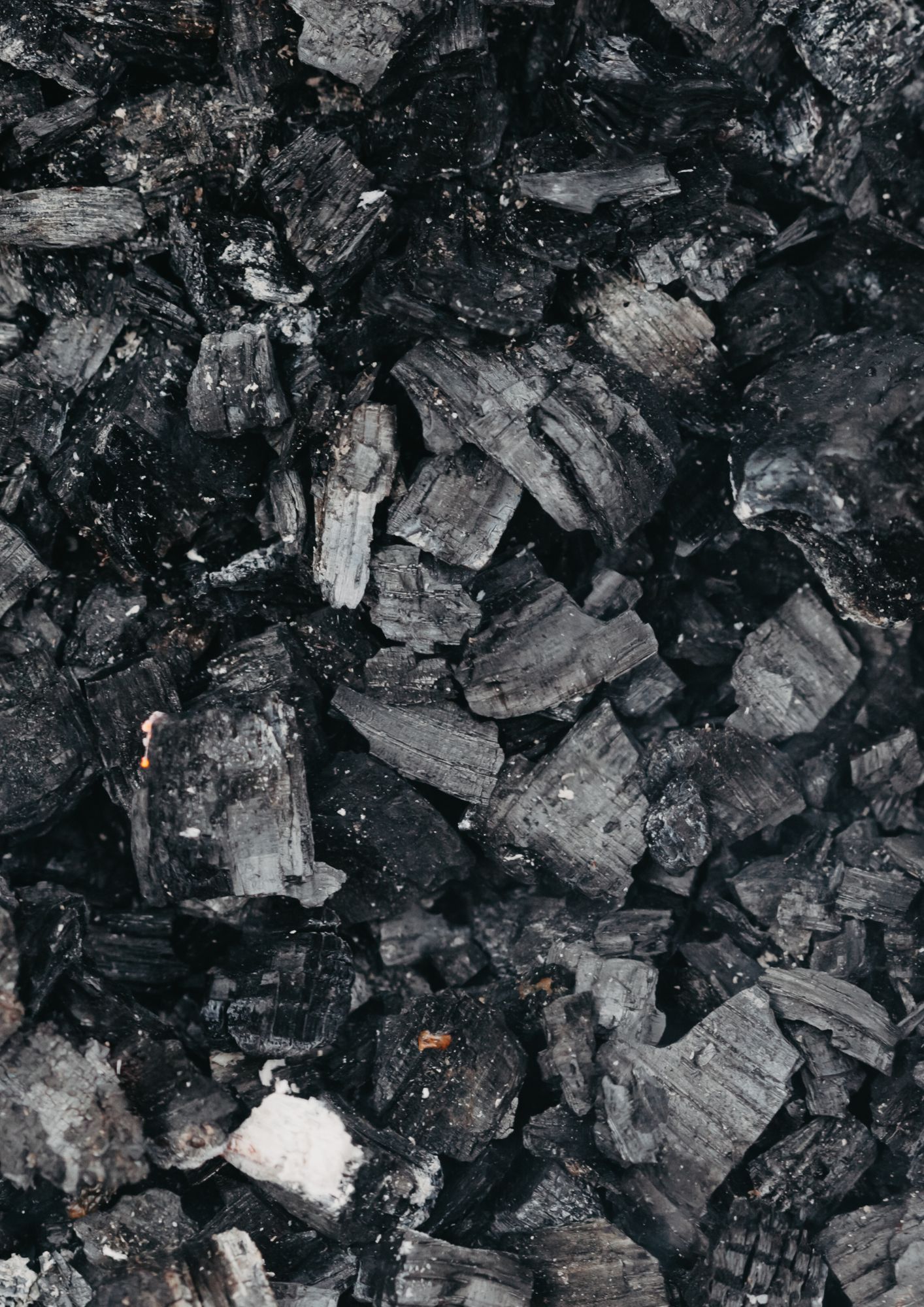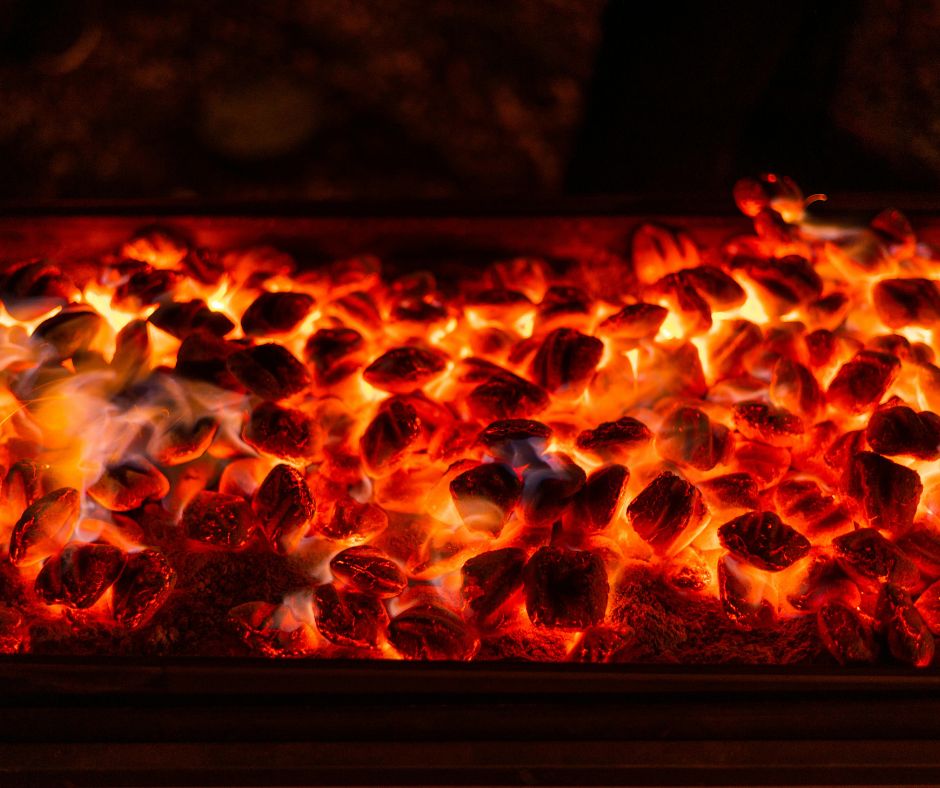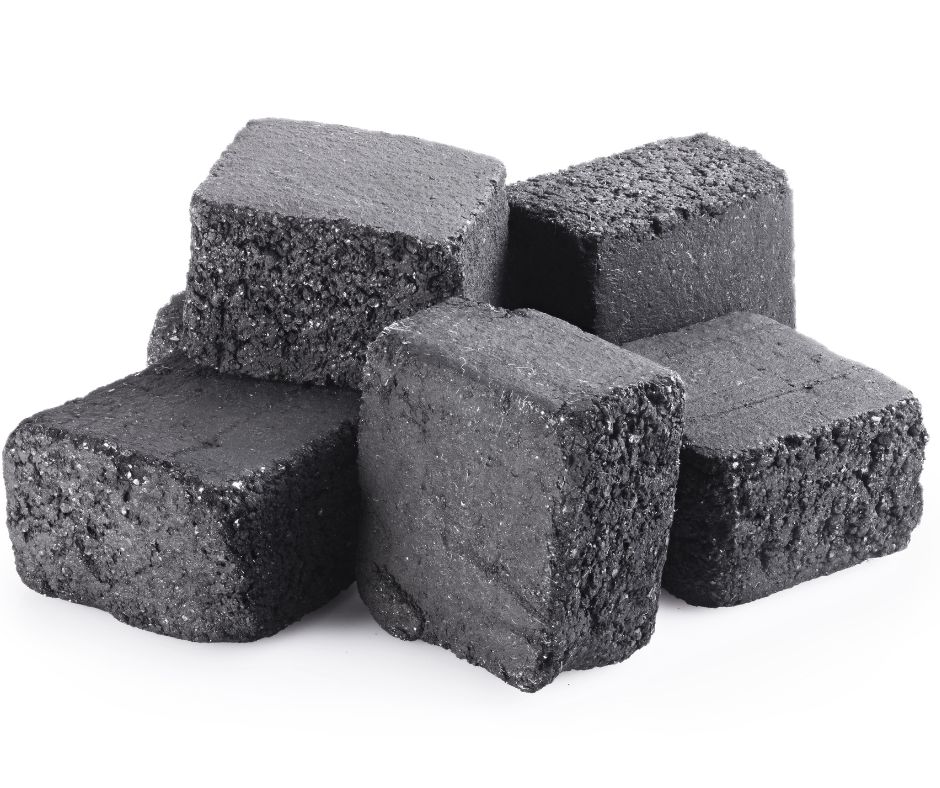




Biochar is the new trend in the agro industrie, be it in Kenya or other countries of the world. Biochar is made from non wood material
Biochar is a powerful soil amendment that significantly improves soil health and fertility. By incorporating biochar into your fields, you can enhance the soil's ability to retain nutrients and water, which are crucial for plant growth. This leads to healthier crops and can reduce the need for chemical fertilizers, ultimately lowering your input costs. Additionally, biochar promotes the growth of beneficial soil microbes, which play a vital role in nutrient cycling and disease suppression.
Using biochar can lead to substantial increases in crop yields and quality. Studies have shown that biochar-amended soils often produce higher yields compared to untreated soils. This is because biochar improves the soil structure, making it easier for roots to penetrate and access nutrients. Furthermore, crops grown in biochar-enriched soils tend to have better nutritional profiles, which can translate to higher market values and improved profitability for farmers.
Incorporating biochar into your farming practices is not only beneficial for your crops but also for the environment. Biochar helps sequester carbon in the soil, reducing greenhouse gas emissions and combating climate change. By using biochar, you are adopting a sustainable farming practice that contributes to long-term environmental health. Additionally, biochar can help reduce soil erosion and runoff, protecting water quality and promoting biodiversity.

Eco-friendly briquettes offer a cost-effective and efficient energy solution for farming operations. Made from agricultural waste and other organic materials, these briquettes provide a sustainable alternative to traditional fossil fuels. They burn longer and more efficiently, reducing the overall fuel consumption and lowering energy costs. By switching to eco-friendly briquettes, farmers can save money while maintaining optimal productivity.
Using eco-friendly briquettes significantly reduces the carbon footprint of farming activities. Unlike conventional fuels, these briquettes produce fewer greenhouse gas emissions and less smoke, contributing to cleaner air and a healthier environment. Additionally, they are made from renewable resources, promoting a circular economy and reducing waste. By adopting eco-friendly briquettes, farmers can play a crucial role in combating climate change and preserving natural resources for future generations.



